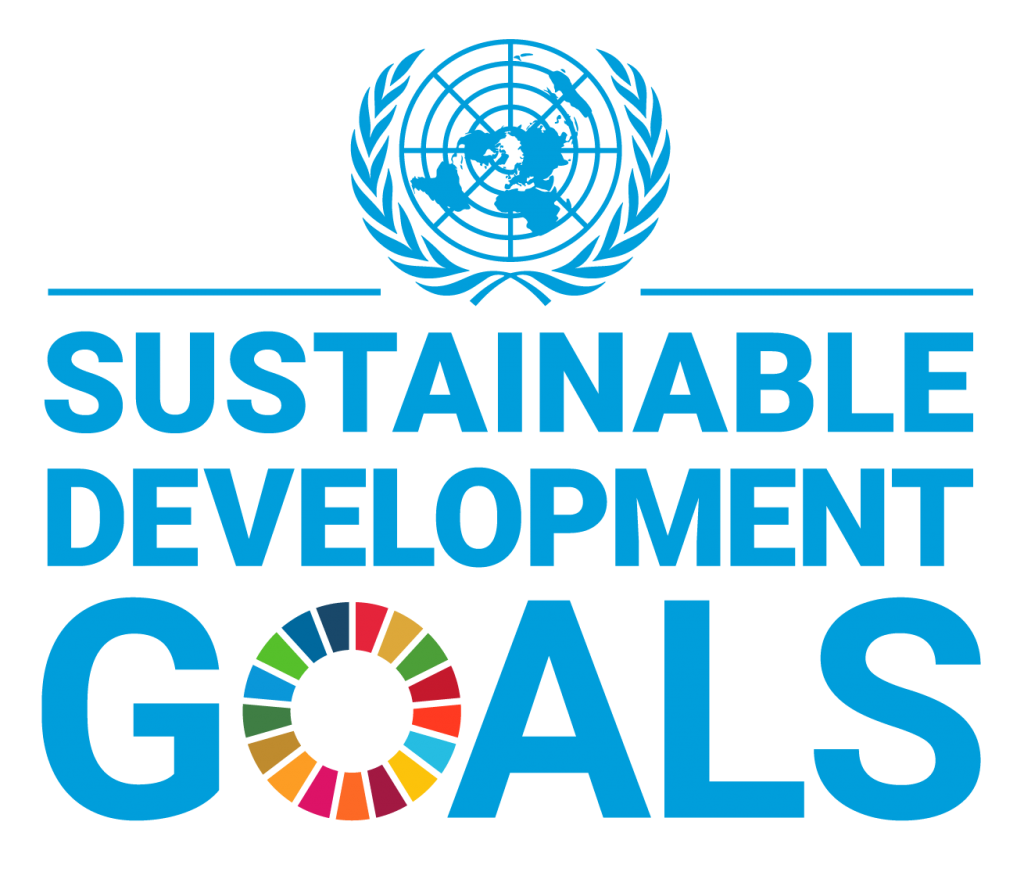ethy Sustainability Standards

Carbon Reduction Targets
The brand has established baseline emissions, set ambitious reduction targets, and has a comprehensive carbon reduction plan to achieve a minimum of 50% CO2e emissions reductions by 2030, aligning with Science-Based Targets Initiative criteria.
About This Standard
Also known as a Carbon Footprint Management Plan or Carbon Reduction Plan, this standard encompasses a public commitment to reducing carbon emissions. The key components of the reduction strategy include:
- Time-scale: A defined time scale for achieving carbon reduction targets.
- Specific targets for reductions: Clear and specific targets for reducing greenhouse gas (GHG) emissions.
- Planned means to achieve reductions: Methods and strategies planned to achieve the specified reductions, outlining which actions will be taken within the next 12 months, within 2-3 years, and by 2030.
Carbon reduction involves making permanent reductions in GHG emissions through measures such as adopting energy-saving technologies and practices or sourcing from alternative suppliers.
It's encouraged to prioritise ambitious reduction targets over offsetting, as reduction is integral to a sustainable business strategy and critical for limiting global warming to under 1.5°C, thus preventing irreversible environmental damage.
Criteria
Base year selection:
- Companies must establish a fixed baseline carbon footprint and base year against which carbon reduction targets and emission reductions will be tracked.
- The brand must meet ethy’s Carbon Measured standard.
Target characteristics:
- Targets must be absolute (reduce the emissions by a set amount) or intensity-based (emissions per revenue or per full-time employee) reductions for the company’s carbon footprint (e.g. reduce overall emissions by 50% or reduce by 10 tonnes per employee).
- Targets must cover at least scope 1 and 2 emissions (e.g., reduce scope 1 and 2 emissions by a specified percentage).
- If a company’s relevant scope 3 emissions are 40% or more of total scope 1, 2, and 3 emissions, they must be included in near-term science-based targets.
Carbon reduction targets:
- Set comprehensive near-term targets for achieving significant carbon reduction by 2030 (minimum by 50% of total scope 1-3 CO2e emissions).
- For organisations with over 500 employees, specify long-term targets aligned with Science-Based Targets Initiative (SBTi) criteria. Generally, these targets are set for 2040-2050, further details here.
Planned means to achieve reductions:
A carbon reduction plan which outlines how the targets will be achieved, including what reduction actions (only including reductions, not offsetting or carbon removals) will be taken within the next 12 months, within 2-3 years, and by 2030.
The plan must include at least three key reduction areas the brand will focus on and specify strategies for emission reduction such as:
- Technology adoption, energy efficiency measures, renewable energy integration and transportation strategies, such as installing EV charge points at premises.
- Employee engagement, supply chain engagement, policy development and implementation, monitoring mechanisms, collaboration, and innovation initiatives.
- Restoring biodiversity by taking action to restore and rebuild carbon- and species-rich ecosystems (net positive impact). Switching from animal products to less energy-intensive vegan alternatives.
- Using natural resources more sustainably and efficiently to decrease carbon emissions through manufacturing products and operations such as fighting plastic waste, selling refillable products, upcycling, using recycled materials.
- Implementing a circular business model to keep materials in circulation, or manufacturing locally.
Accepted Proof
Option 1
A submission of a detailed Carbon Reduction Plan, that meets the minimum criteria outlined in this standard, certified or verified by a recognised third-party consultancy such as ClimatePartner. This is required for organisations with more than 500 employees or annual revenue exceeding £10 million.
Option 2
For SMEs, with annual revenues under £10m, we accept a submission of a detailed Carbon Reduction Plan, that meets the minimum criteria outlined in this standard, using an independent consultancy such as ClimatePartner.
Option 3
For SMEs, with annual revenues under £10m, we accept a submission of a detailed Carbon Reduction Plan, that meets the minimum criteria outlined in this standard, which can be written by the brand.
Developed in collaboration with

ClimatePartner
ClimatePartner is a consultancy-led, software-enabled climate action firm with a registered certification mark that provides transparent disclosure of a company’s entire climate action strategy.

Tech Zero
Tech Zero is a group of over 300 tech companies who are joining forces to accelerate progress to net zero, support tech companies in making a climate action plan and use tech to help the customers they serve to live more sustainably.
Sustainable Development Goals
The United Nations Sustainable Development Goals are a universal call to action to end poverty, protect the planet and ensure that all people enjoy peace and prosperity by 2030. Through achieving this ethy ecolabel, brands also demonstrate contribution towards the following goals.
Hundreds of brands have met ethy standards. Find ethy verified brands















